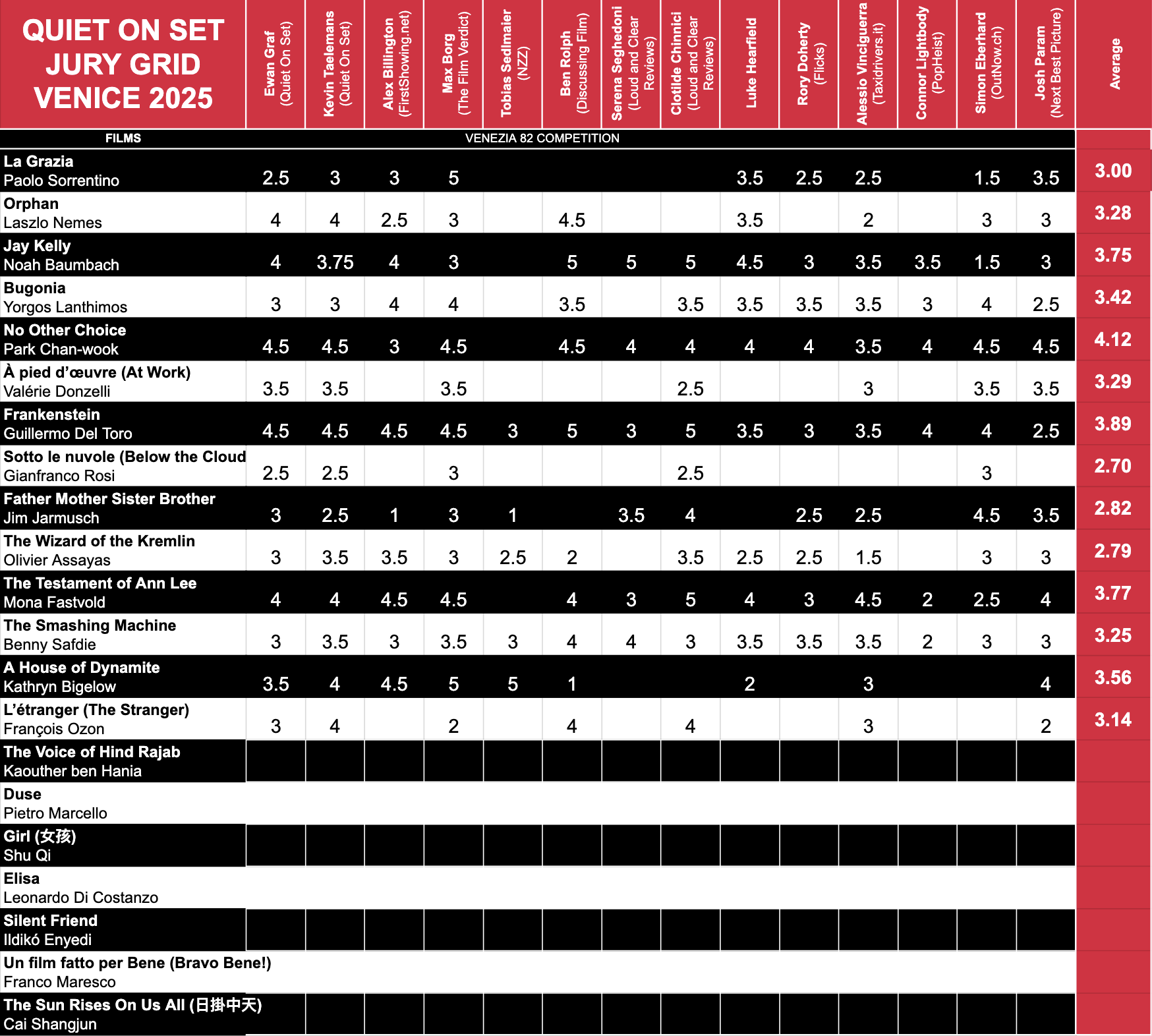This week, I watched The Aristocats from 1970. Wolfgang Reitherman directed this feline family adventure from Disney. Reitherman is also (at least partly) behind other Disney classics like 1961’s One Hundred and One Dalmatians, 1959’s Sleeping Beauty, and 1970’s The Rescuers, which I believed to be connected to The Aristocats because the mice looked similar in my mind. But I guess that just makes me the racist equivalent for rodents. But I’ll leave the racial stereotyping to the experts over at Disney. More on that later. Reitherman co-directed these films but he’s arguably best known for 1973s Robin Hood and 1967’s The Jungle Book. All the films mentioned are available for streaming on Disney+. What the service might lack in original new programming it inarguably makes up with its rather impressive backlog
Phil Harris, who voices Baloo and Little John in Jungle Book and Robin Hood respectively, does the voice for the most memorable character from the Aristocats. O’Malley. It’s impressive how creepy yet still charming Harris manages to be as the stray cat that helps The Duchess and her three kittens on her way back to their wealthy home.
The plot is fairly simple. When Adelaide Bonfamille leaves all her liquidities to her cats, her butler decides to get rid of them in an effort to inherit his employer's money that he believes to deserve. Funnily enough, Edgar is too dense to realize that he would still get all the money as cats...can’t...spend...money. I know. Mind. blown. But that rather simple world-view runs through the entire plot of The Aristocats. Intense over the top action chase scenes and the occasional song is all we get from the movie. It never tries to be more than a simple - ignore the partly intended terrible pun - cat and mouse game.
I personally found most jokes to be more miss than hit. For example, the geese characters feel particularly random and unnecessary. Maybe it’s because I just can’t stand the upper-class way of talking from the 40s-70s. Particularly the Duchess is a great example of that. I just can’t stand the way she talks. Perhaps that’s just a ‘me thing’ but I find it distracting. In the context of the story, it makes sense to have an upper-class cat speak in an upper-class manner. It’s just so annoying. But honestly, Thomas O’Malley’s constant ‘baby’ is equally irritating and predatory, to be frank.
The Aristocats is a movie that’s supposed to be light-hearted. With Thomas O’Malley strolling along the riverside taking the family on an adventure. I just don’t connect as well with movies that I feel like don’t have a purpose or reason to exist. This might be cynical but I dislike cookie-cutter versions of stories that are way too familiar without adding much to anything. You could argue that the purpose of a movie like this is simply to entertain and I’d have to agree. Lots of studio films exist purely for that reason and don’t need any themes on top of that. But I wasn’t even entertained by anything happening in the plot. As you’d expect from a family film, its conclusion is predictable and the moments in between, at least to me, are not charming or memorable enough to leave a good impression.
And what’s worse than a truly bad movie? A mediocre, boring one. And that’s what The Aristocats is.
Also giving a cat with Asian features chopsticks to play the piano is at most unexpected but not really funny. In the overall context, that scene simply serves as a colorful, musical pitstop halfway through the movie before they ultimately assimilate to the aristocratic lifestyle at the mercy of an old, white woman.
Maybe I’m reading into this too much but there is that disclaimer at the start of the film that Disney puts in front of some of their older releases deemed controversial.
Ultimately The Aristocats is a rather weak entry in the long list of animated Disney classics. But at least it’s better than all of the recent ‘live-action’ remakes, but from the recent trend of Disney redoing literally their entire 90s golden age of films, it’s only a matter of time until they’ll produce the inevitable remake for this one.
Next week we’ll watch Spielberg’s feature-length debut Duel.



















